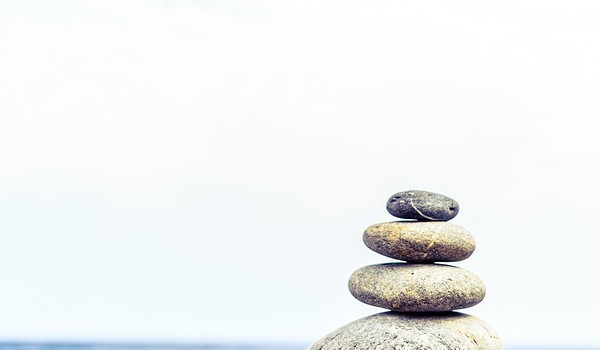One of the main reasons I chose the field of orthopaedics and later, hand surgery, was that my mentors along the way truly seemed to enjoy their jobs. The hand surgeons I encountered bantered with their patients in the clinic and played country music in the OR. They ran marathons and made time to attend children’s plays and sporting events. Hand surgery looked like a way to make a difference in the world while making a good living and enjoying life too.
Now as a practicing hand surgeon, I wonder whether the perceptions I had in training were really true. At local journal clubs and national meetings, I hear hand surgeons complaining about never-ending computer work, demanding patients, and lack of time for the people and activities they love. Orthopaedics is the highest-earning specialty in medicine, yet only 44% of orthopaedic surgeons feel fairly compensated. The lead article in the most recent Journal of the AAOS, entitled “Orthopaedic Surgeon Burnout: Diagnosis, Treatment, and Prevention,” states that nearly half of orthopaedic surgeons have experienced symptoms of burnout. What happened to the happiness I sought in training?
As with most things that are worth knowing, the answer to our happiness problem is complicated. As trainees we are oblivious to some of the main stressors in modern medical practice – RVUs, Press-Gainey scores, academic promotions. Starting out in practice is like seeing the kitchen of your favorite restaurant; there are bound to be unpleasant surprises. But the mobile revolution of the past 10 years has revolutionized the speed of our lives in a way that cannot be overstated, contributing significantly to our discontent. Mobile technology has forced us to replace work-life balance with work-life integration. I receive emails from the billing team on Sunday mornings. HIPAA-compliant texting and mobile EHRs let me review x-rays in the airport and in the dog park. There is never a moment to truly be out of the office in the way that was possible even 10 years ago.
Now that the line between work and life is blurred, we must remake these boundaries for ourselves to regain our happiness, a process that can be greatly helped by understanding mindfulness. There has been much talk of mindfulness recently in the lay press – with workshops springing up across the country and even an app, HeadSpace, to teach meditation to the novice. Mindfulness interventions have been shown to decrease physician burnout. Although we are not known for our capacity for self-reflection, surgeons have an inherent advantage in understanding mindfulness. In his recent book “The Door Is Not Locked: Finding Happiness in the Real World,” hand surgeon Roger Cornwall likens the operating room atmosphere to the state of “flow” which is the goal of mindfulness and meditation. Every surgeon loves the OR, and when I read Dr. Cornwall’s book, I finally understood why. In the OR we are required to only focus on one thing at a time. There are no emails to check, no interruptions. We do one thing to the best of our ability the whole time. It’s no wonder we like it!
Happiness as a modern hand surgeon lies in translating that feeling in the OR into the rest of our lives to truly be present in each moment. Start small: don’t check your email while walking down the hallway. Take some deep breaths and listen while the patient with shoulder pain since yesterday complains that you are 30 minutes behind in clinic. As you progress, check out HeadSpace or a mindfulness workshop. Leave the phone at home when you take the dog to the park.
I still believe that hand surgery is an amazing profession, and most days I feel lucky to be a part of it. Practicing mindfulness can help us to protect our happiness as a profession, a trait that will be evident not only to ourselves but our families, our patients and future generations of trainees looking for a specialty.


Thanks for explaining how hand surgery is an amazing profession. My son recently broke his hand during a game of soccer. I will be sure to find him a hand surgeon that is professional and loves their job to get my son’s hand taken care of.
Hi Larry, thank you for the comment. Check out the ASSH surgeon finder to find a hand surgeon near you:
https://www.assh.org/handcare/Find-a-Hand-Surgeon